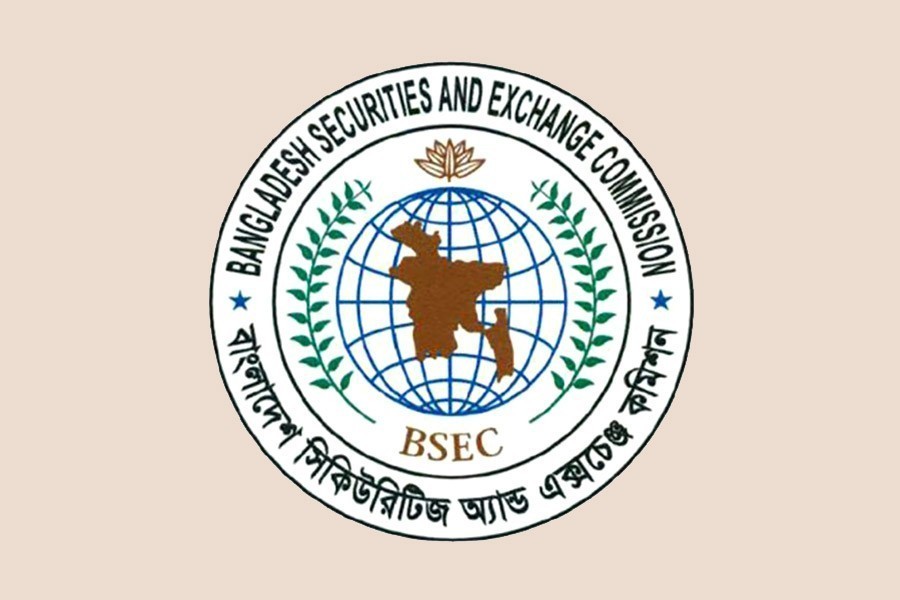A lack of coordination is one of the most discernible traits of government organisations. And the people have been suffering immensely since none has ever cared to eliminate or, at least, reduce it.
The problem is noticed most while dealing with civic issues of major urban centres such as Dhaka. Disgusted by its enormity, many past mayors of Dhaka City Corporation suggested the creation of a city government to help resolve the problem of coordination among various government and autonomous entities. The people in high places, however, were not interested.
What if such a lack of coordination surfaces in the case of major regulatory bodies?
It would, naturally, give wrong signals and erode public confidence in their ability and competence.
The ongoing conflict over transferring the unclaimed and undistributed dividends belonging to banks and non-banking financial institutions (NBFIs) to the newly created capital market stabilisation fund (CMSF) and investment of the same in the stock market is a case in point.
The Tk 210-billion CMSF is a recent creation and it has triggered a lot of interest among the investors. Given the size of the Bangladesh capital market, the fund, if handled properly, will have a stabilising impact.
The central bank early this week told the Bangladesh Securities and Exchange Commission (BSEC), the initiator of the CMSF, that undistributed and unclaimed dividends of banks and NBFIs could not be transferred to the CMSF as it contradicted the provisions of the Bank Company Act. It said the unclaimed dividends belong to the depositors of the banks and NBFIs, none else.
The securities regulator, following the creation of the CMSF in June this year, asked all listed companies to transfer their unclaimed and undistributed dividends to the CMSF. Most listed companies have already complied with the BSEC directive.
The Bangladesh Bank has reportedly raised objections to yet another BSEC directive relating to the paying of dividends by the banks and NBFIs that have cumulative losses.
The BSEC recently allowed the banks and NBFIs that have cumulative losses to declare dividends from the profit made during the just-concluded financial year. The BB said such declaration of dividend contradicts the Bank Company Act, the Financial Institutions Act and international norms.
A major regulatory body such as the BSEC, while making rules and floating funds or instruments, needs to be careful so that those do not contradict any other law or encroach on the authority of some other organisations. Here, the BSEC, it seems, did not do its homework well.
The central bank has also been late to react. It should have raised objections when the directive on transferring dividends had come from the BSEC a couple of months back. The delay, however, does not change the ground reality. Yet, the regulatory bodies should have discussed the relevant issues to find a solution. The rift that has gone public does not bode well for either of the regulatory bodies.
The stances of two regulators with investment in the capital market being divergent, send confusing signals for the investors.
Meanwhile, one key individual has lent support to the BSEC move, saying the regulator has gone according to the decision of the government. Should a government decision contradict the provisions of existing law?


